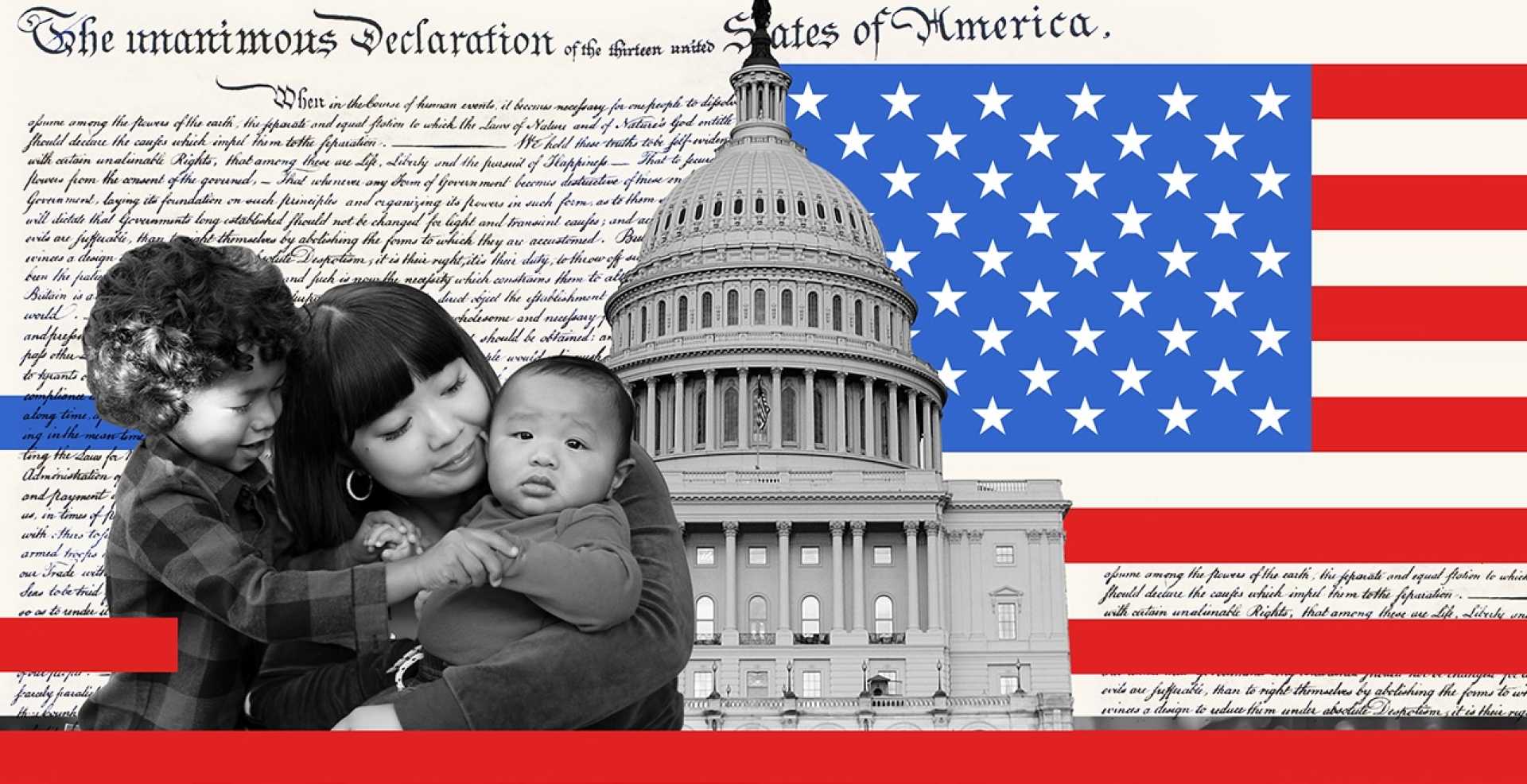News
More Than 14,000 Migrants Turn Back Due to Trump Border Policies

BOGOTÁ, Colombia — A new report reveals that over 14,000 migrants have turned back from the U.S. border due to the Trump administration’s strict border enforcement policies. This phenomenon, known as “reverse flow” migration, has mainly affected those fleeing economic and political turmoil in Venezuela.
Since 2017, approximately 8 million people have fled Venezuela. The report was published by Colombia, Panama, and Costa Rica, with assistance from the U.N. High Commissioner for Human Rights. It states that northward migration has dropped by 97% this year.
Migrants reportedly expressed disillusionment with the journey, with one stating, “It’s time to go back — the American dream wasn’t like this.” The report indicates that 46% of migrants cited policy changes as the reason for their return, while 49% could not enter the U.S. Additionally, 34% mentioned exhausting their resources and 17% feared detention or deportation.
The treacherous Darién Gap saw peak migration numbers in 2023, with more than half a million migrants crossing. The report attributes the decline in migration to U.S. financial reductions impacting humanitarian aid, leading NGOs and U.N. agencies to scale back operations. New transit restrictions in Panama have also contributed to the diminishing flow of migrants.
Data from U.S. Border Patrol shows that Southwest border apprehensions hit a record low, with only 4,399 apprehensions reported, and zero releases for three consecutive months. This contrasts sharply with the Biden administration’s approach, which saw daily apprehensions range from 8,000 to 10,000.
Migrants who hoped to reach the U.S. now face significant challenges. Many encounter violence, abuse, and exploitation in their current situations. About 50% of individuals surveyed in countries like Costa Rica and Panama plan to return to Venezuela, while others remain unsure of their next steps. Some may continue moving through Central America, facing perilous conditions and reliance on smugglers.
Many migrants now reside in difficult circumstances, in places like Palenque and Medellín, lacking food, shelter, and medical care. They resort to survival strategies, including informal work and begging. One migrant expressed concern for her children amid the uncertainty, saying, “I worry a lot about my children; they’re tired of moving so much.” Another lamented, “Imagine, I’m back in the same place I left many years ago chasing a dream. Now I don’t know what to do.”
Scott Campbell, a U.N. human rights representative, emphasized the vulnerability of these returnees. He urged governments not to abandon those in reverse migration, highlighting that many have already suffered human rights abuses. “We urge authorities to aid people in this reverse migration to prevent them from being exploited or falling into trafficking networks,” he stated.












